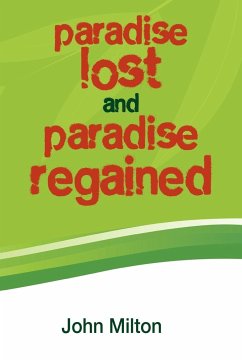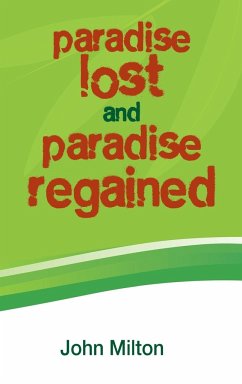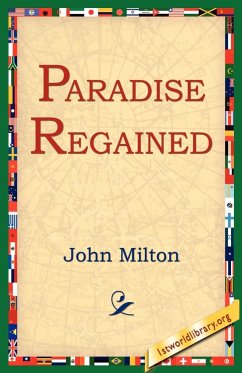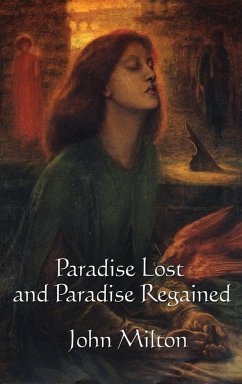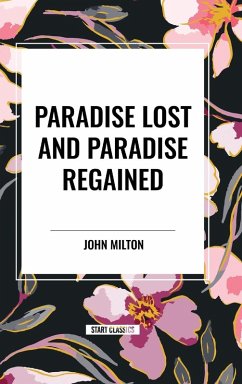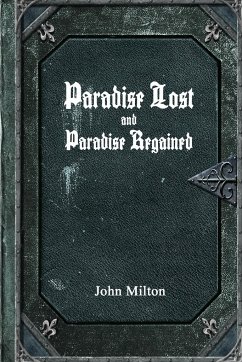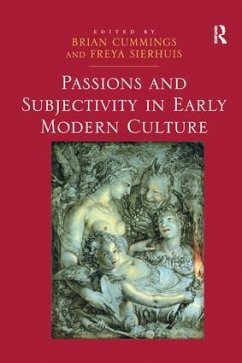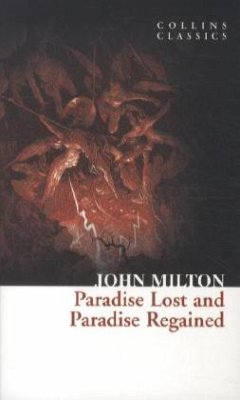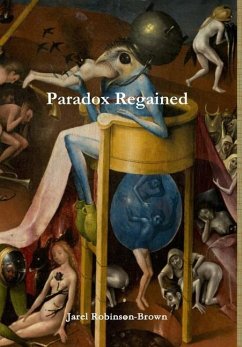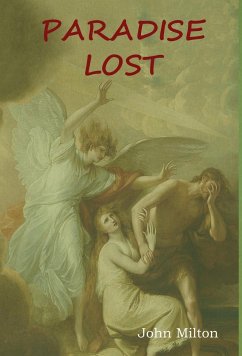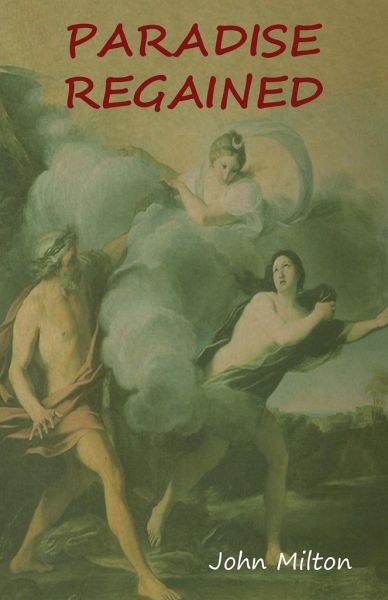
Paradise Regained
Versandkostenfrei!
Versandfertig in 1-2 Wochen
12,99 €
inkl. MwSt.

PAYBACK Punkte
6 °P sammeln!
Paradise Regained is a poem by the 17th century English poet John Milton, which deals with the subject of the Temptation of Christ. One of the major concepts emphasized throughout Paradise Regained is the play on reversals. As implied by its title, Milton sets out to reverse the "loss" of Paradise. Thus, antonyms are often found next to each other throughout the poem, reinforcing the idea that everything that was lost in the first epic is going to be regained by the end of the mini-epic. Additionally, this work focuses on the idea of "hunger", both in a literal and in a spiritual sense. After ...
Paradise Regained is a poem by the 17th century English poet John Milton, which deals with the subject of the Temptation of Christ. One of the major concepts emphasized throughout Paradise Regained is the play on reversals. As implied by its title, Milton sets out to reverse the "loss" of Paradise. Thus, antonyms are often found next to each other throughout the poem, reinforcing the idea that everything that was lost in the first epic is going to be regained by the end of the mini-epic. Additionally, this work focuses on the idea of "hunger", both in a literal and in a spiritual sense. After wandering in the wilderness for forty days Jesus is starved of both food and the Word of God. Satan, too blind to see any non-literal meanings of the term, offers Christ food and various other temptations, but Jesus continually denies him.



